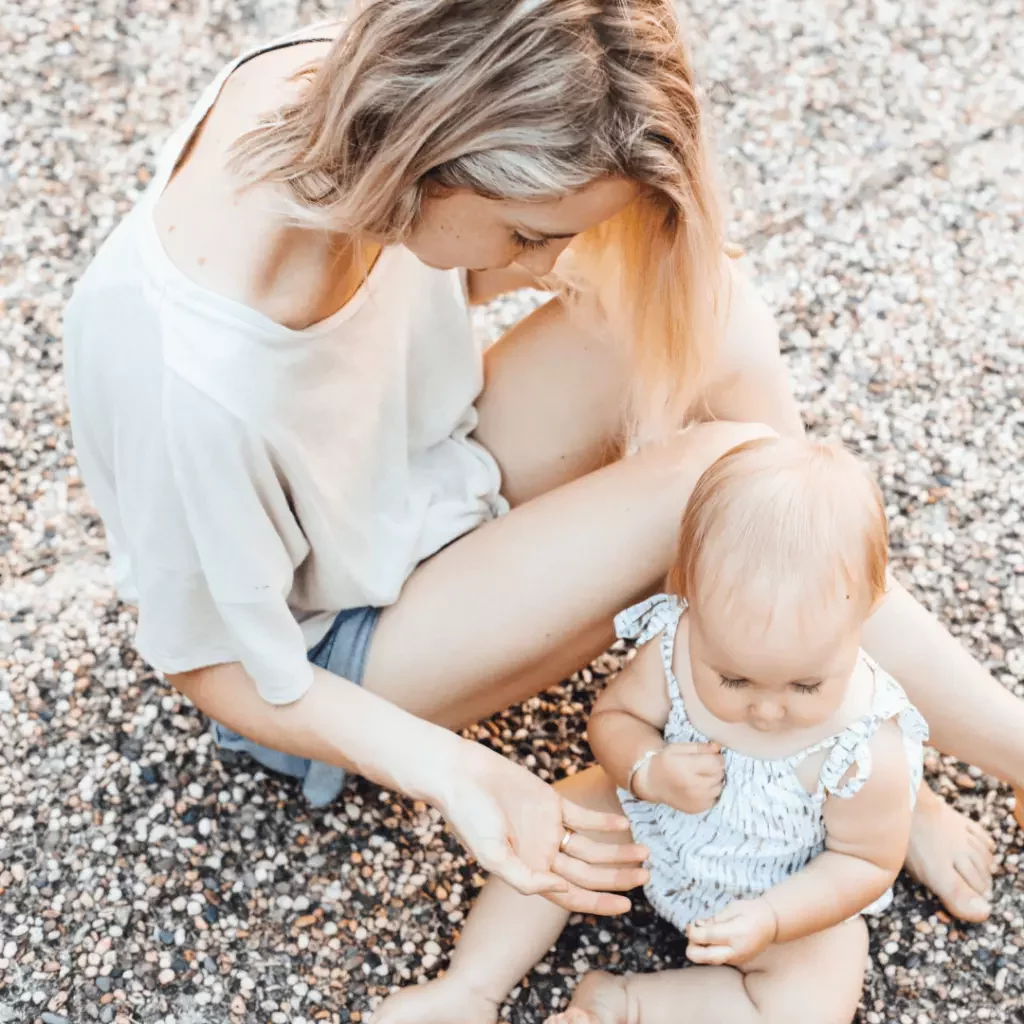Matrescence: The birth of the mother…
Jessica Bosco
Jessica Bosco
Up next
When a woman is pregnant there is so much focus on her wellbeing and how she is feeling and coping along the way. Then she has the baby the focus seems to immediately switch to the baby. How is the baby? Is the baby sleeping/feeding/pooping?
The mum, and everything she has just been through, tends to be forgotten about.
You may have heard the term Matrescence, either during your pregnancy or shortly after, or you might have never heard of it. Despite being coined by Anthropologist Dana Raphael in 1973, it has really only gained momentum in the past few years.
Matrescence places emphasis on the birth of the mother. The physical, psychological and emotional changes in a woman when she births a child and transitions to the role of mother. Much like the phase of adolescence as children move into adulthood.

Matrescence seeks to normalise and explain this inner shift we feel once we give birth. The limbo where you find yourself caught somewhere between who you used to be and who you are now – or who you feel you are meant to be, at least. We go from one day being our own person to suddenly being handed a baby and expected to take on the new role of mother.
Many of us have been led to believe that motherhood is a time of great joy, happiness and fulfilment. Which it very often is, however, the problem is they failed to mention the part where it isn’t. Motherhood can also be brutal, overwhelming and sometimes we don’t love it.
For so long we were led to believe that if we weren’t always 100% happy and fulfilled that we weren’t good mums. Leading to shame and guilt – or simply the belief that we must be depressed. Thankfully we know now this isn’t the case. Motherhood can be both wonderful and terrible, and sometimes at the same time.
Some cultures undertake a period of confinement immediately following the birth where the mother’s focus is rest and recovery whilst family or hired-help focus on caring for the baby.
For many modern mums, this level of care is simply not possible. However, we are seeing a shift in the importance of this recovery period and a rise in the use of services such as postpartum doulas who help out with both emotional and practical tasks. They can do everything from helping with establishing breastfeeding to settling the baby, postnatal massage, cooking, some housework and a shoulder to cry on.
Having an awareness of Matrescence is essential for new mothers to know that what they are experiencing is normal. Helping them know and accept that motherhood is both beautiful and brutal, full of highs and lows. And that it cannot be done alone. Allowing mums to be a little kinder to themselves to help transform the experience of postpartum and motherhood. And then, in turn, pass this warmth and knowledge on to other mums.
Related posts
Tips for nurturing your relationship with your partner
10 things you need to know about the Fourth Trimester
The self-care myth: Why do I still feel burnt out?
Sign up
Get tailored content based on your week of pregnancy
By signing up, you agree to receiving our Newsletters. Cancel anytime.



Related Articles
Trending
Jessica Bosco
Follow +Jessica is a writer, editor and professional wrangler of two boys. Working in women's lifestyle publishing for over 15 years she has written about everything from fashion and beauty to royal weddings and true crime. These days she loves helping parents navigate pregnancy and the early years of raising little ones...









